The last seven folios of Vesoul, Bibliothèque municipal, MS 73 (79) contain an intriguing canonical florilegium, which derives from the late eighth- or early ninth-century Collectio canonum Sangermanensis. The Florilegium Vesulensium(Flor.Ves.) is thereby one of several (partial) reworkings and extracts of the Collectio canonum Sangermansis—itself highly dependent on the Hibernensis.1Roger E Reynolds, ‘Unity and diversity in Carolingian canon law collections: the case of the Collectio Hibernensis and its derivatives’, in: U.-R. Blumenthal (ed.), Carolingian essays: Andrew W. Mellon lectures in early Christian Studies (Washington, DC, 1983), pp. 99–135, at 119-23. Internal evidence demonstrates that the immediate exemplar for the Flor.Ves. was the Sangermanensis as it survives in Paris, BnF lat. 12444. A study of the Flor.Ves. is therefore particularly interesting, not only because we know what the compiler included from the Sangermanensis, but also because we have a good sense of what he/she chose to omit.

A transcription of the Florilegium Vesulensium is provided here.
This post is a copy taken from svenmeeder.nl
- 1Roger E Reynolds, ‘Unity and diversity in Carolingian canon law collections: the case of the Collectio Hibernensis and its derivatives’, in: U.-R. Blumenthal (ed.), Carolingian essays: Andrew W. Mellon lectures in early Christian Studies (Washington, DC, 1983), pp. 99–135, at 119-23.


